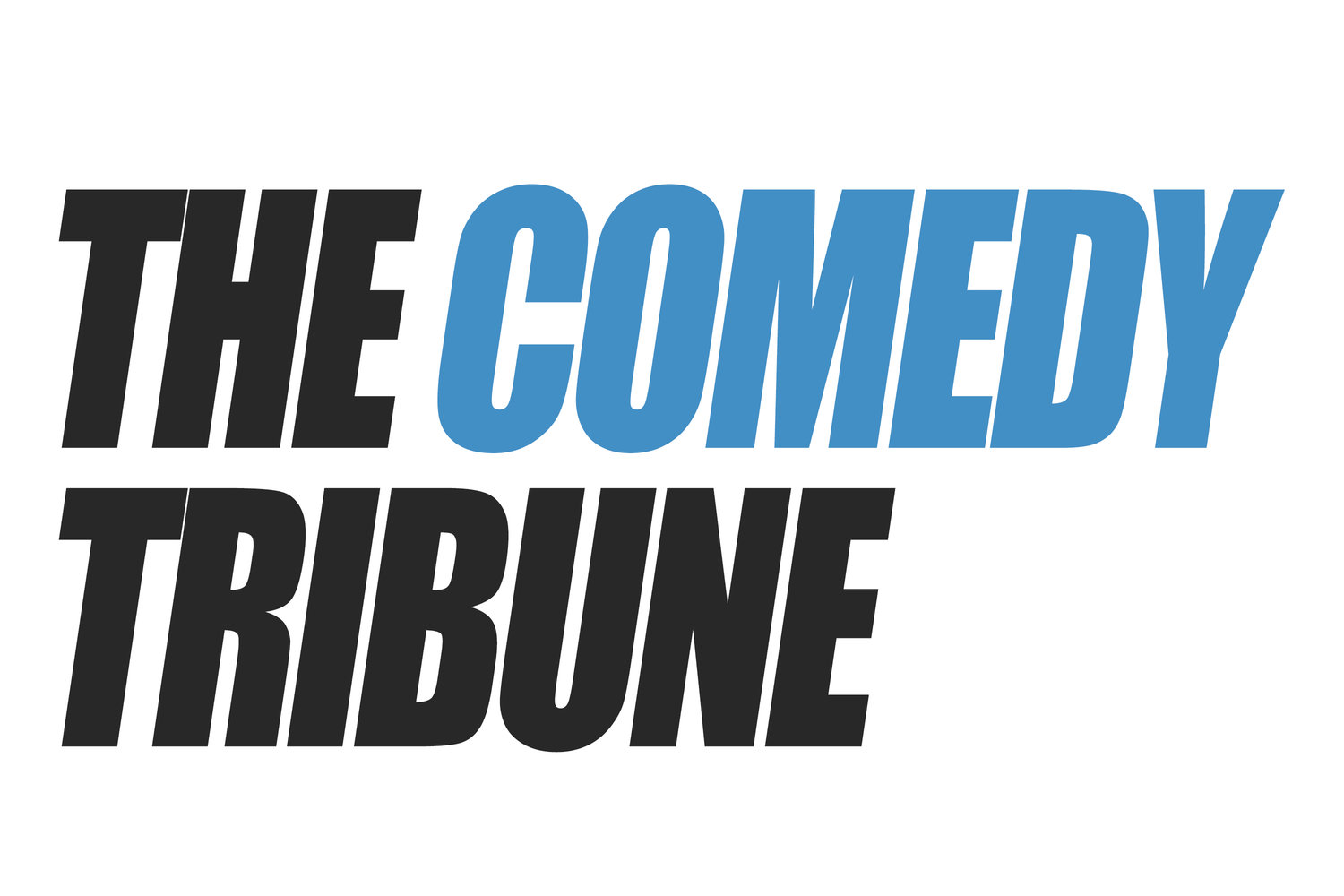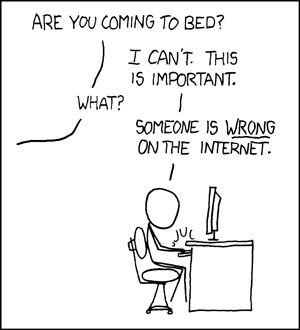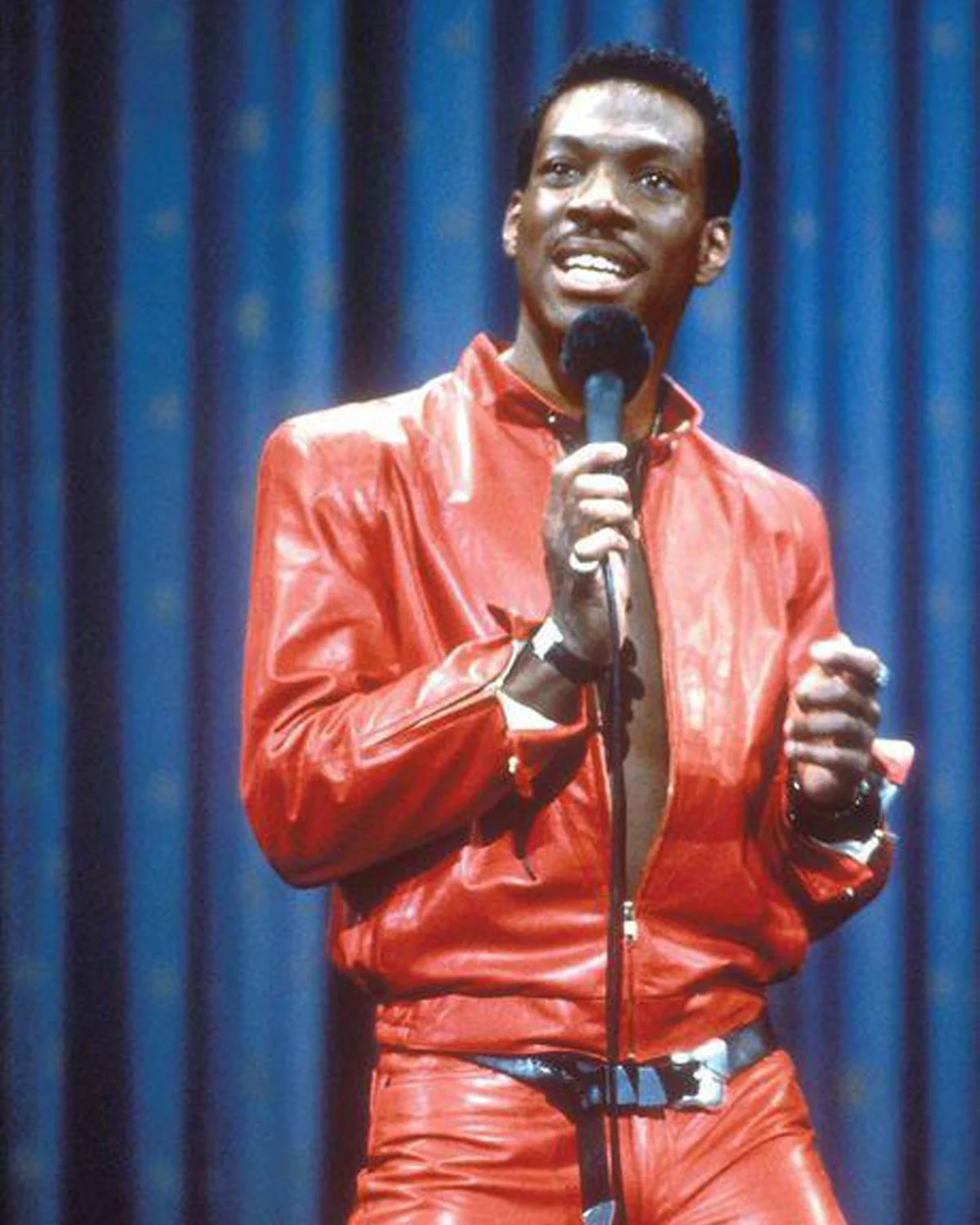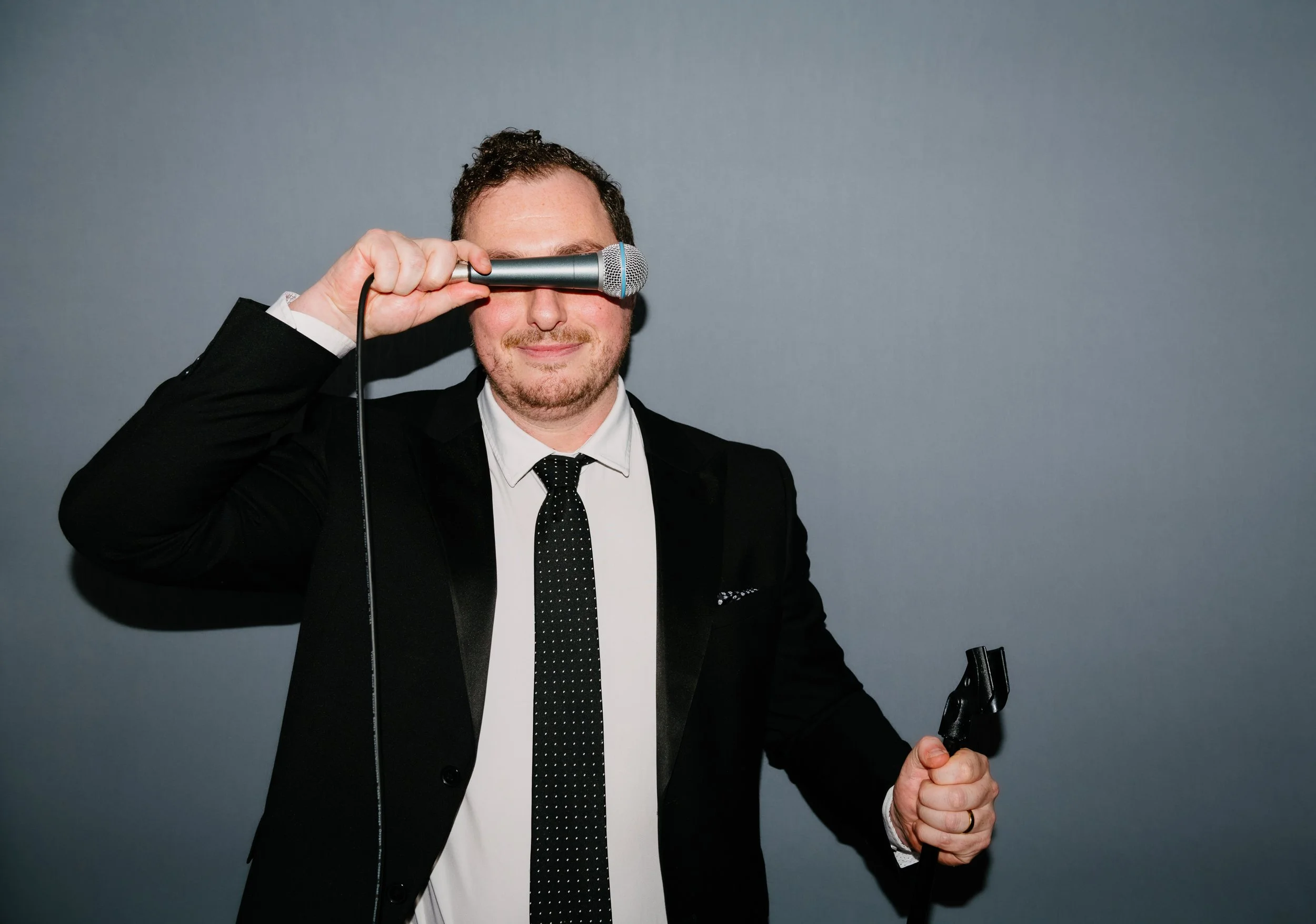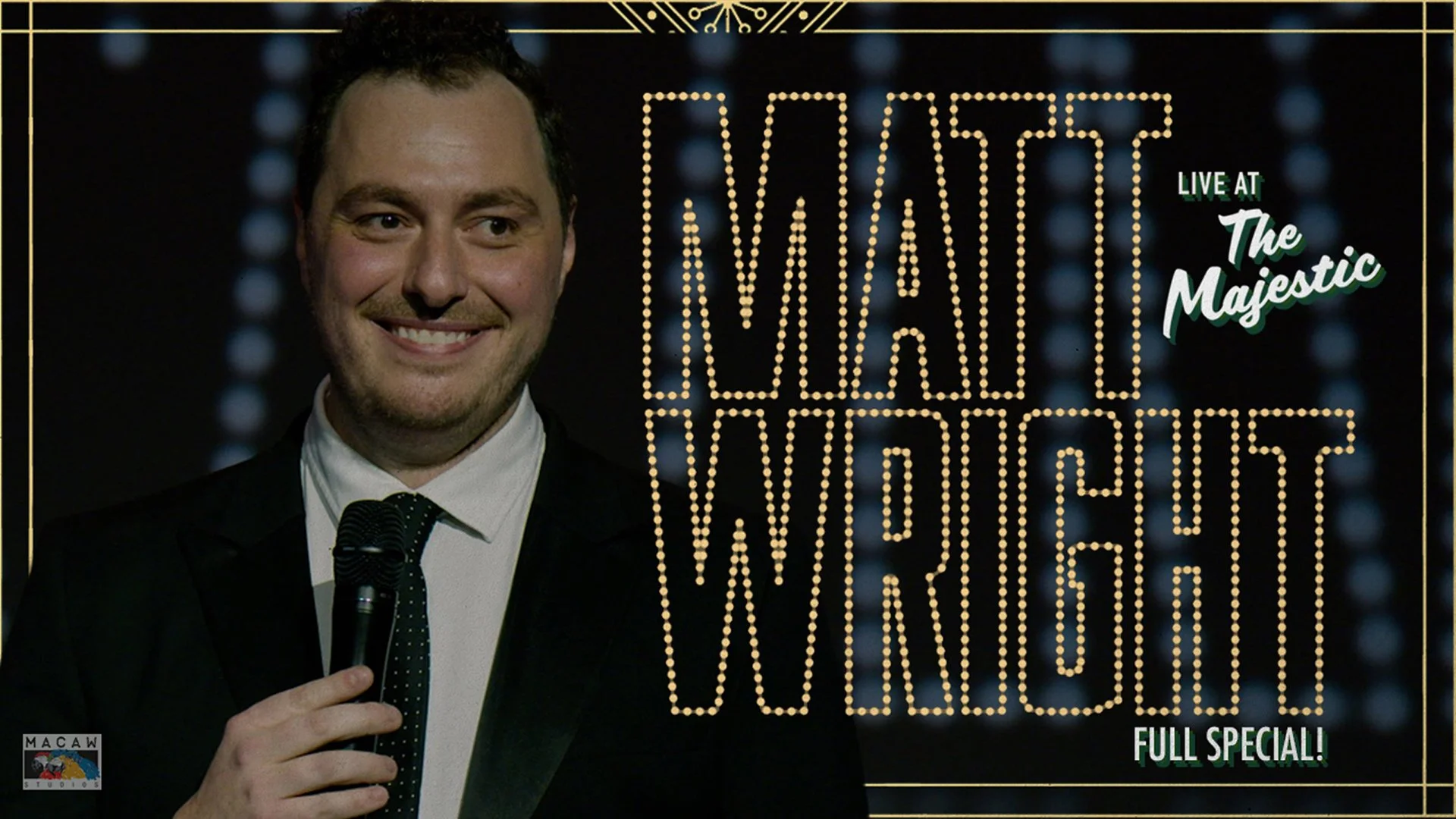The Internet Is Making Comedy More Accessible and Worse... by Matt Wright
People are continually debating if this is a "difficult time to do comedy". Internet etiquette dictates that it’s best to take a hard stance, but nuance is underrated, so let’s explore.
Most asking this are wondering if it's hard to be funny when people today are "more sensitive". Comedians with million dollar Netflix deals and thousands of podcast listeners complain that you “can’t say anything anymore”. This is incredibly false. We have so many ways to say so many things. It has never been easier to say things. It is too easy to say things.
I don't think anyone is more sensitive than they ever were. Language and social norms are in a constant state of change. The baby boomers; once free love hippies, mastered capitalism, wrecked the economy and yelled at us for eating avocado toast. Don't be judgy here - this has happened to every generation so far, so historically…we’re next.
It's completely normal for generations to clash, but the internet has put all of us together in an angry lump. A lot of things that used to be said at water coolers and behind peoples backs are now published online for people to read when they're on the toilet. Complete strangers across the world perform arguments for each other online - an absurd concept.
"Can you believe what this person on Twitter said?"
"Yes. I can believe that someone who grew up in a different era, culture, and location has different views than me”.
We’re not more sensitive. We are more exposed to other people's sensitivities. Social media has made everyone attuned to how everyone feels. The glaring exceptions are our loved ones and ourselves.
“You could say whatever you wanted to in the 80s!”
Yeah, of course you could, no one would ever hear it.
I personally do not find this era hard to ~write~ jokes in. In fact, a person like me wasn't even allowed to do comedy before 2006. When I say a person like me, I mean someone who likes his own wife. Until 2006, comedians were not allowed to like their wives. In fact, until the mid-nineties, at least 25% of your material had to be about how you hated your wife. Every lineup was made up of ten men until the early 2000s when we added one lesbian on the condition that she too hated her wife. There was a quota and it had to be met or else Dennis Leary would hit you with a brick. In some ways, we have improved.
To answer the original question, I do think comedy is harder right now, but for different reasons. Comedy used to be a job for dreamers. You scribbled in your notebook, you ate long brunches, maybe did a little heroin in the woods. You'd wander on stage at 8PM and if you killed, you had a productive day. Comedians used to be lazy. Now we are all secretaries for ourselves, creating "content" to manage "personal brands" for the public to dissect daily. Whoever came up with these terms should be knife gunned. 80% of our job is producing slop for people to watch on mute to half watch while they’re driving their cars. There is something deeply sad that we’ve blanketed anything we look at as “content”. A recipe is content. The Godfather Part 2 is content. Your divorce is content.
The bulk of comedy is viewed on a vertical screen. Killing in a club or theatre has little impact. Being a good comedian is added bonus but isn't the most desirable skillset anymore. Success is irrelevant unless it is quantifiably demonstrated online.
There has been a definitive booking shift from bookers "if I put this comedian in a full room they will absolutely destroy" to "this person has a social media following that will fill a room and who cares if they bomb, the show sold out, take the money and run”
I'm not critiquing producers for booking people who will move tickets. It makes total sense. But it shifts comedians from a position of "I need to spend my time improving my act" to "I need to spend my time getting more Instagram followers". This was not the old model. The old model was you work on your craft for 20 years, you work for the mob for a decade, and then in your mid-forties you are handed a sitcom deal where an inexplicably beautiful actress tees you up for jokes. That show would run for 10 years, go into syndication, and create passive income which you used to pay back your enormous mob debts. After that, you’d settle into a lucrative Vegas residency until you fell down a hill and died. The dream.
Not anymore. Even if their act is top tier, comedians will suffer unless they curate an online following. Apparently it's kind of hard to sell out soft seat theatres when you don't have a following, so I've chosen to play the game. I even consulted with people who work in social media. Here's the current advice, by the way:
-No one really knows what works so just keep struggling publicly until something works
-The algorithm likes at least a post a day (!!!) but no more than three.
-Each social media site is different and your posts should be curated differently for each app.
One app is run by an outwardly evil fascist and the other is run by a secretly evil fascist. People with souls keep trying to make an ethical social media app, but they all suck. You have to be kind of evil to make a great social networking service. Now and again someone will be like "you gotta get on Florp, it's social media for people who think murder is bad" and while I do find murder to be somewhat problematic, I have to draw the line at signing up for Florp.
I have resigned myself to the need that creating some type of curated internet database of myself is a necessity for the job I am in. I was talking to my agent about what I should be posting and he said "whatever feels genuine".
It's good advice, but where does that leave artists whose most authentic behaviour would be to not post at all? Ideally, I would write a great hour, tour it, film it, release it, disappear, and return a year or two later with a new one. That is no longer an option. I am grateful for what the internet has to offer, but I mourn who I could have been with a functional attention span and full focus on actually trying to become a great comedian.
I'm not coming at comics who have successfully learned how to use the internet for their benefit. I'm incredible proud and jealous. It is lawless out there. But I didn't get into this to be good at the internet. I did not lay in bed dreaming of becoming a "content creator". I wanted to be a comedian.
We have never had more opportunity for artists to gain a following but it’s come at the cost of time we could be spending on our actual craft. The majority of artists now spend more time figuring out how to best share their work than on the work itself. You can't just post a clip and walk away - there are several things to consider. How long should this clip be? Is the first line a good hook? What's the best time to post? Should I add fancy captions or graphics?
You'll notice that "is this funny?" does not factor in here. I miss when the only question in comedy was "What's the deal with airport food".
The algorithm isn't happy to just show your followers your material. No, you have to trick it. I could make a video of me doing a joke, or I could post a video of me chopping an onion while lip syncing the joke. The second video will absolutely destroy the first one.
It's not just comedians. Every profession is required to have a social media presence. Who wants their surgeon doing dance trends? Oh, eveyone? I see the most mindless stuff and think “who is watching this?” and a quick check of the numbers indicates that it is literally everyone. We live in hell and the model has changed. We want the Secretary of Defense to go on the Tonight Show to do lip synch videos. People are in the comments saying stuff like "omg you guys ate". Did they? Did they eat? Or are we starving?
I don't fault people for watching brain rot. We're all so tired, so overstimulated, and you don't always want art. Sometimes you want comfort. It doesn't mean it's not frustrating to spend brain power you should have spent writing on figuring out how to game the algorithm.
Now, comedians show up to shows with our phones on tripods, some of us neglecting the show itself in hopes of capturing some type of viral crowd work moment. We ask audience members who are nice enough to come how they earned the money to buy the ticket. Then we make fun of their jobs and post them online so we can get our precious likes. It's really cool!
I'm not saying I'm above it. I record the majority of my sets and I've made an effort to post more online. That means watching game tape of yourself, editing the clips, and then adding subtitles. This is a level of self analysis human beings are not meant to have. Humans were meant to see ourselves twice a day in the reflection of a stream we were drinking out of. Eddie Murphy never would have been able to sit in his leather jumpsuit and add captions to his own material. He would have quit. I swear. By the way, the subtitles are not for the hearing impaired. They are for people watching your videos in a grocery store line with no volume on.
Here's another sad thing I have noticed: the only clips of mine that surpassed a million views were the ones where people get into an argument in the comments. Allow me to say that again: the videos most pushed are the ones that are most inflammatory. It is not a shock the world is divided. Making people argue is a savvy business strategy.
I do not get jealous when other peoples stuff performs better than mine, but I often find myself angry at what of my own work tends to “do well”. I have beautifully shot clips of polished, road tested jokes that destroy in real life that get 300 views. Meanwhile, I posted a TikTok about a man who was pretending to have an allergy in order to justify being rude to a waiter, and 900,000 people watched it. 300,000 of them felt the need to point out that I was fatter than the guy pretending to be afraid of butter.
Selling stand up comedy tickets has never been about being good at stand up comedy. I get that. But it's worth noting that the algorithms are coaching us that being a provocateur is one of the quickest routes to success.
It is not in your best interest to provide nuanced commentary, or to spark joy, or to show expertise. Sure, you can throw your material at the wall and some great stuff will rise. But statistically, the fastest route to internet growth are either alt-right rage bait (yaaaaay) or being purposefully cringey. While the lesser of two evils, being purposefully cringey is unfair to those of us who are actually annoying. You’re not meant to be annoying on purpose. You’re meant to realize you were being annoying three weeks later in the shower.
I have a document on my phone of every movie I've watched with my favourites in bold. I'm aware I'm being a little annoying right now, but stay with me. I quickly realized all my favourite movies were the ones I saw in a theatre. Were these movies better? Or is it just a better experience to watch, -gasp- one screen at a time, submitting my attention to one thing for two hours. It's crazy that sitting in the dark watching a giant screen now makes me feel like a Mindfulness God, but that's where we are.
This is a borderline hot take in 2025, so here we go: things are more enjoyable when you actually pay attention to them. Maybe it's not about what we're watching, but the context we're watching it in. This is why I am such a believer in long form comedy. Stand up is not meant to be sandwiched in between a mormon family dancing and a cottage cheese recipe.
I posted a full special on YouTube, and the comments from people who watched the full thing are almost unanimously positive. Genuinely nice to read. I post clips from the same special and jokes that are lucky enough to get traction win the prize of comments from the internets most miserable trolls. It's the same material. The work itself doesn't change. But the creator can no longer guarantee the viewer is at a point in their day that they actually want to see it. Nobody likes comedy by surprise.
It’s not all bad. Because of the internet, a non-rich, non-famous comedian who lives in the world comedy capital of Portugal Cove, Newfoundland is able to make a living as a stand up comedian. My YouTube special has been watched by 150,000 people. 68% of them watched it on their cell phones. If you'd like to be one of them, you can watch it here: Matt Wright Live at the Majestic
Oh, you were reading something that you thought was genuine piece of work but it turned out to be an ad? Welcome to the internet. There is no authenticity. There is only sales.
You can follow Matt Wright on Instagram, TikTok, or Florp.
